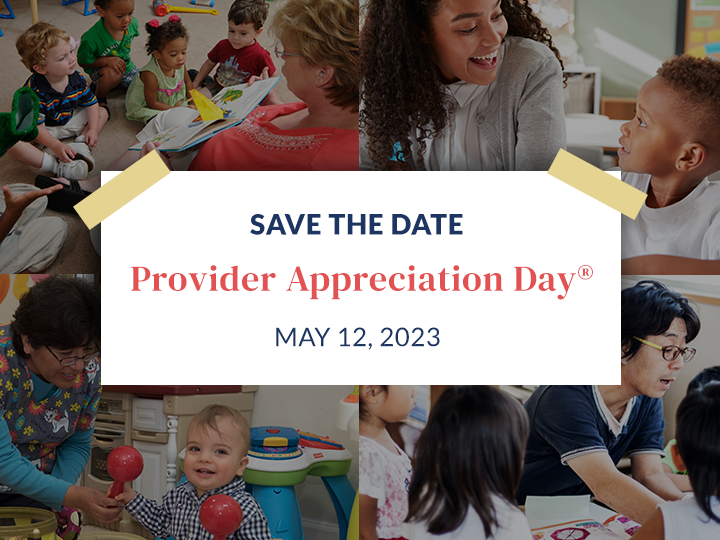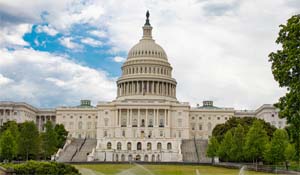-3.png?width=2240&height=1260&name=Untitled%20design%20(12)-3.png)
On Thursday, March 9, the White House released President Biden’s FY24 budget request to Congress. Child Care Aware® of America (CCAoA) is pleased to see that the Biden-Harris administration continues to elevate the need for greater support for the child care sector. This budget builds upon the enacted federal appropriations of recent years with steady increases for early childhood education programs. Specifically, for FY24 there is a proposed increase of $980 million for the Child Care and Development Block Grant (CCDBG) – totaling $9 billion. Proposed funding for Head Start is increased by $1.1 billion for a total of $13.2 billion, with $575 million dedicated to increasing compensation for Head Start teachers and staff. Proposed funding for the Preschool Development Grant Birth Through Five (PDG B-5) is increased by $45 million for a total of $360 million.
Also in the budget, is a proposal for a $600 billion mandatory investment in child care, universal preschool, and wage increases for Head Start teachers. The child care proposal includes $400 billion over several years for states to subsidize high-quality child care for children ages birth through five for families earning up to $200,000. This would be the same level of financial investment as the proposal included in the Build Back Better Act. The White House estimates this funding would increase child care options for 16 million more children while lowering costs for families. The preschool proposal would fund a federal-state partnership to provide high-quality universal preschool, in a mixed delivery system, for all 4-year-olds, and flexibility for states to expand access to 3-year-olds. Together, these proposed investments are the largest any President has recommended for early learning in their budget.
The President’s budget continues to support military families with child care needs by prioritizing funding increases for programming. Notably, it further expands the community-based child care fee assistance program for families who cannot access military-operated child care due to distance or waitlists by increasing the fee assistance monthly rate caps. Individual branches have also included important investments, like the Army’s proposals to provide a discount on parent fees for child care workers in order to recruit and retain staff, increase entry level staff pay at child development centers, and include funding for future child development center facilities.
President Biden’s budget also invests in other programs that support families. It proposes a permanent extension of the Child Tax Credit (CTC), with a temporary increase in the amount of the credit through 2025. In 2021, these advanced monthly payments for families nearly cut child poverty in half. The budget also proposes establishing a national paid family and medical leave program, giving all workers seven annual sick days and up to 12 weeks of leave to care for a newborn or family member.
The support this budget provides would allow more families to have high-quality child care options that work for them. CCAoA hopes Congress will take up President Biden’s charge and pass appropriations bills that increase funding levels for early learning programs to meet the immense need across the country.
In addition, we celebrate the administration’s commitment to securing an additional robust long-term investment in child care through the historic $600 billion child care and universal preschool proposals. This is a direct result of the work of thousands of parents, providers, system leaders, and advocates that continue to make their voices heard about the challenges of the current underfunded child care system from Build Back Better Act’s introduction until now.
Thank you for your advocacy!





